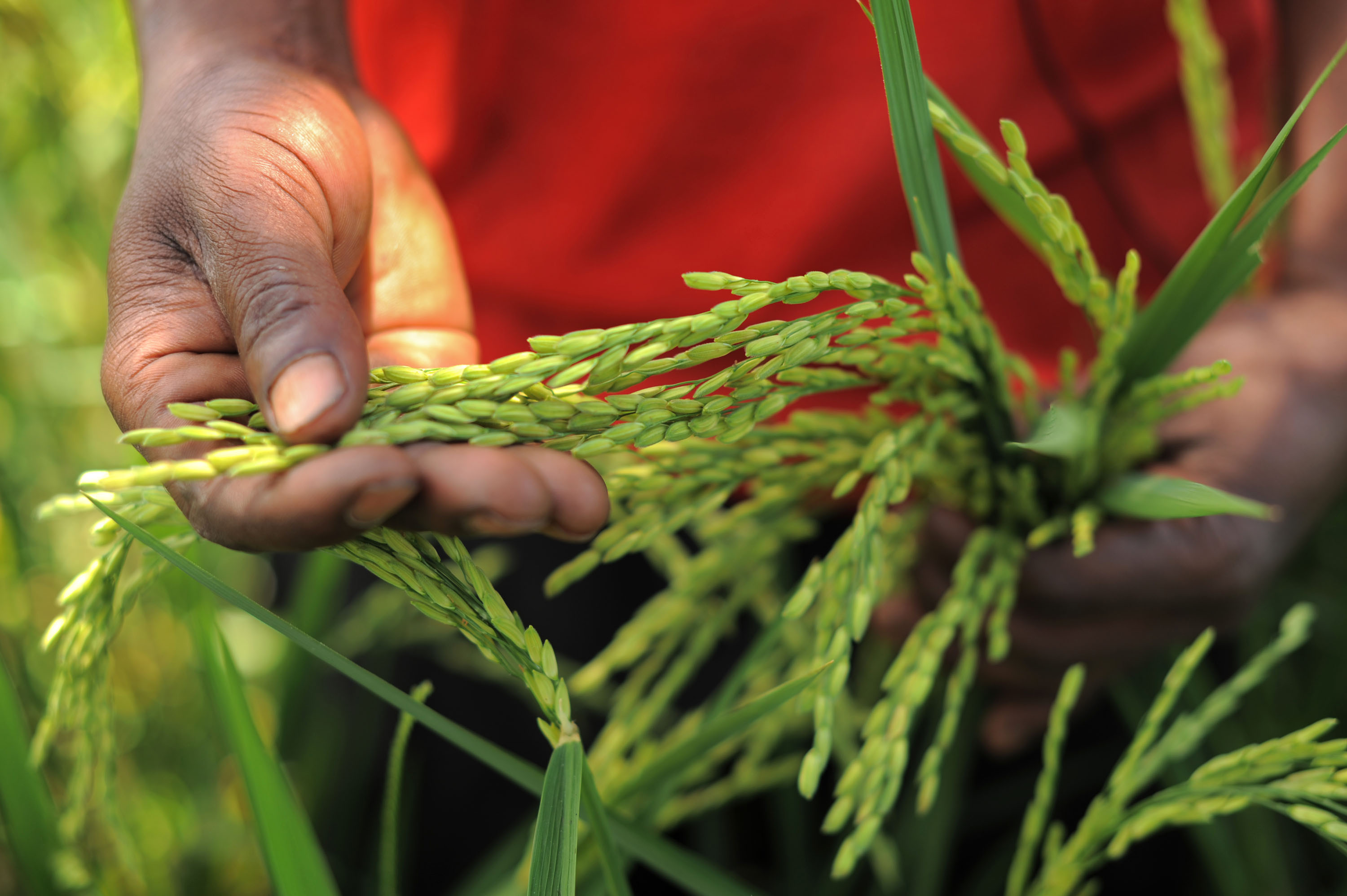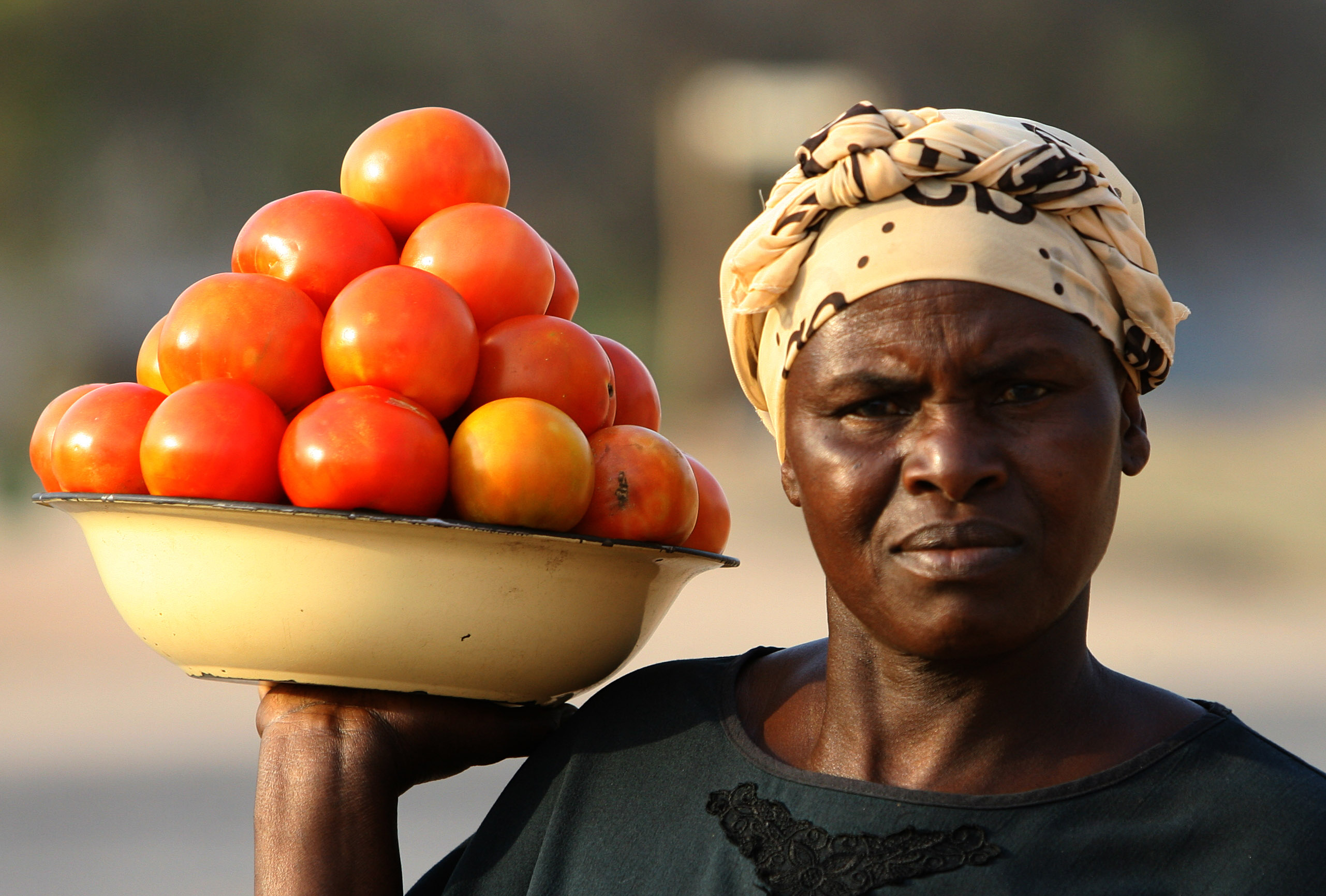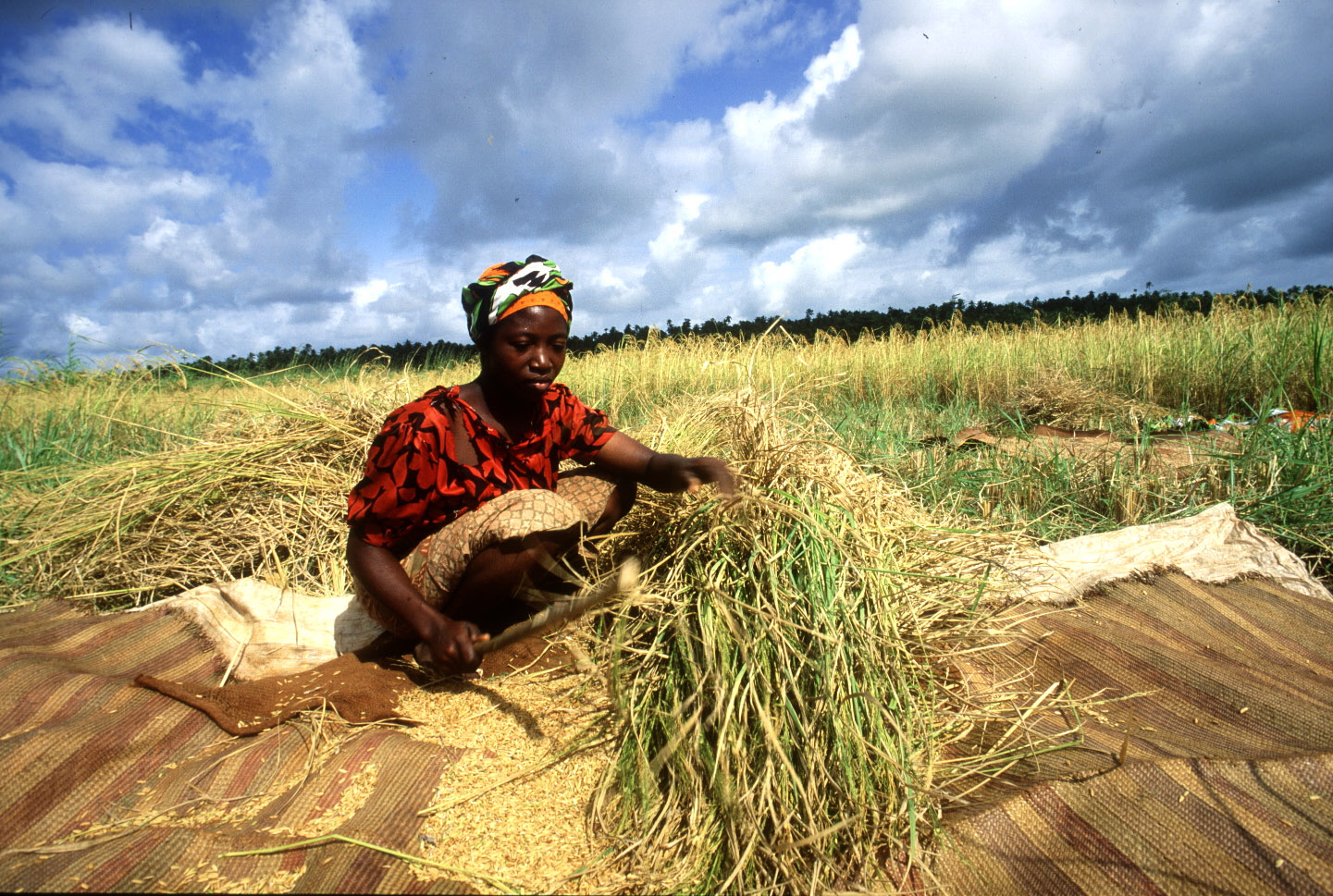

Visit on International Treaty on Plant Genetic Resources
March 28, 2017

The Crawford Fund continues with its strong interest in, and support for, efforts related to plant genetic resource conservation. We provided assistance with public events, meetings and media for the visit late last year by Marie Haga from the Crop Trust, and most recently with this week’s visit by Mr Kent Nnadozie, Secretary of the International Treaty on Plant Genetic Resources for Food and Agriculture.
The Fund’s approach to media around the visit highlighted that while trade agreements and market competition are often topics of debate between Australian, USA and other governments and agricultural industries, there’s strong agreement when it comes to international efforts at conserving the resources needed for agricultural productivity, resilience and food security.

The Treaty, ratified by Australia in 2006, is an international instrument that Australian farmers and plant breeders rely heavily on to access the raw genetic material needed to develop new crop varieties, including those resilient to climate change.
“Australian farmers can be very pleased with this month’s signing by the USA of the Treaty,” said Mr Nnadozie, who formerly worked at promoting closer cooperation and synergies with other international organisations, especially biodiversity-related Conventions.

“The more countries we have on board with our efforts for a globe-spanning collection of plant genetic resources, the better for all farmers, wealthy or not and in direct competition or not. All farmers need plant genetic material for use in research, breeding and training efforts, which also includes measures to ensure the fair and equitable sharing of financial benefits.”
“This material is vital to Australia as over 95 per cent of Australian agriculture is based on plant genetic resources from other countries. The Treaty, which has membership of 143 countries, offers considerable benefits to Australian farmers and commercial breeding enterprises through providing greater access and stability to global genetic resources under standard agreed terms,” said Mr Nnadozie.

View the full press release for Mr Nnadozie’s visit. In addition to interviews on ABC Canberra and National Commercial Rural News, Mr Nnadozie’s visit was covered in a range of other media, with some links below:
- Grain Central Treaty for Global Crop Genetics
- Radio Australia Pacific Beat: Pacific plant breeding network being set up to help farmers
Images courtesy of Food and Agriculture Organisation of the United Nations (FAO)




